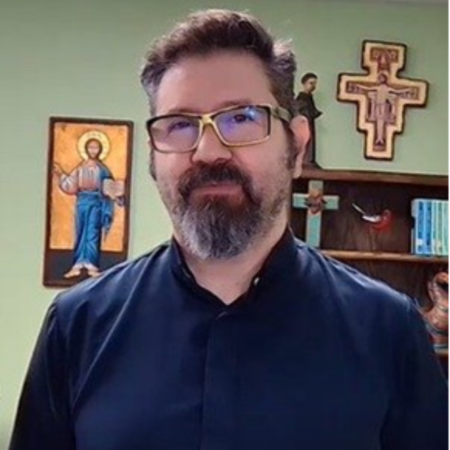The scriptures are familiar to those present before Jesus, but they need someone to reveal the Godly nuances stitched through them, which Jesus unveils with his words. In the same style as Psalm 27, the writer, inspired by deep yearning, says, “We long to see your face, oh God,” while Jesus reveals the heart of God.
For those listening, the two small parables (the wheat that sprouts by itself, the mustard seed) are stories of the earth that Jesus makes into stories of God, the mundane into a whisper of eternity.
He affirms that the slightest effort to know God and live under his guidance is like a seed; once planted, it quietly develops and sprouts. Jesus translates the silence of the developing seed, revealing that just in the same way God works out of deep love quietly in your heart, the grower notices the sprout, and hopefully, you will perceive God’s work and realize your own sacredness.
In the parable, the green stalk of a wheat sprout and a tiny seed are not just elements of nature but characters in a divine announcement, a revelation of the divine, and a syllable of God’s message. Like a child, Jesus has pure and marvelous eyes and can see the divine transpiring from the depths of every being.
Jesus encourages us to keep working for sustenance while nurturing our hearts and souls; maybe we should become divine poets to notice godly sprouts and harvest God’s heart.

